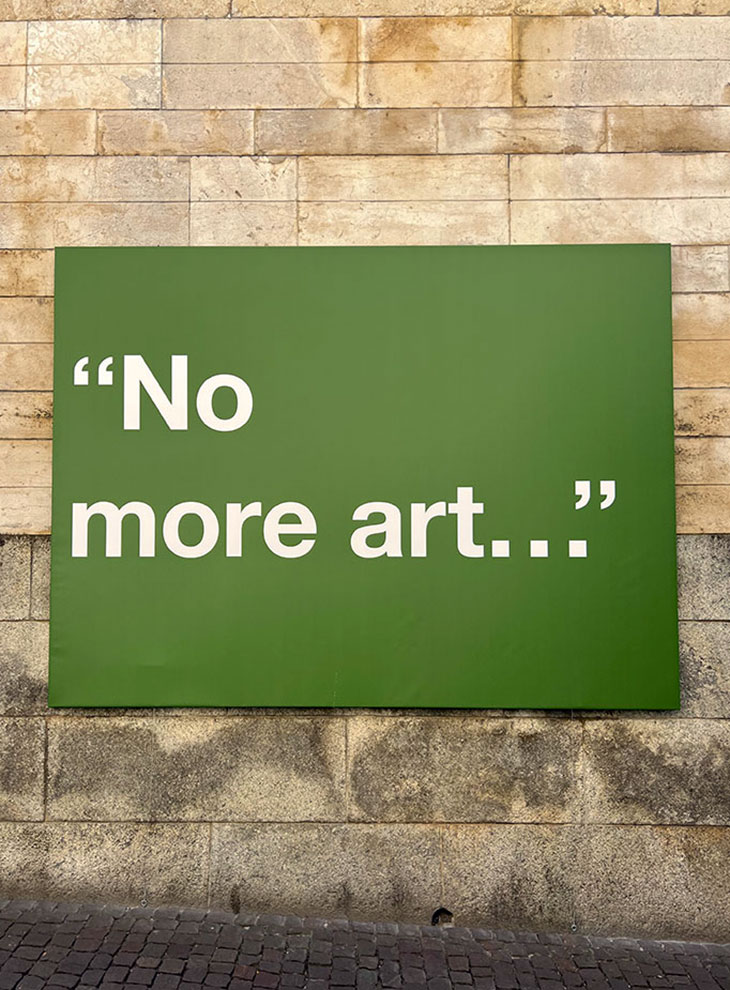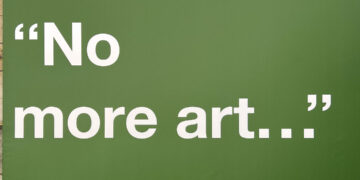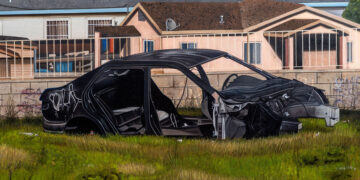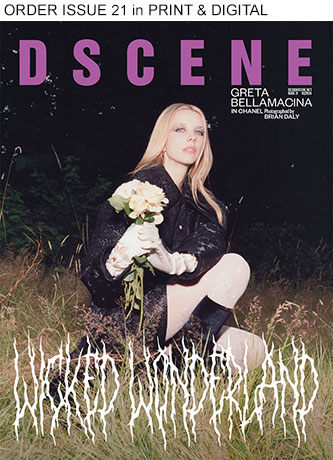
As 2024 dawned, Midjourney faced controversy over its use of a comprehensive database to train its AI program. This list, circulating on social media platforms, allegedly details the diverse array of artists, styles, and techniques utilized in Midjourney’s AI training.
ART
Jon Lam, a senior storyboard artist at Riot Games, revealed screenshots showing Midjourney’s developers discussing the creation of this database. The contentious 24-page list, referred to as Exhibit J, includes a range of artists from modern and contemporary blue-chips like Cy Twombly, Andy Warhol, and Yayoi Kusama, to iconic figures such as Frida Kahlo, Vincent van Gogh, and Walt Disney. Additionally, it features commercial illustrators for brands like Hasbro and Nintendo, and contributors to trading card game Magic the Gathering, including the 6 year old Hyan Tran, notable for their participation in a charity event.
Midjourney developers caught discussing laundering, and creating a database of Artists (who have been dehumanized to styles) to train Midjourney off of. This has been submitted into evidence for the lawsuit. Prompt engineers, your “skills” are not yourshttps://t.co/wAhsNjt5Kz pic.twitter.com/EBvySMQC0P
— Jon Lam #CreateDontScrape (@JonLamArt) December 31, 2023
The inclusion of such a wide array of artists, especially the six-year-old Hyan Tran, sparked a wave of criticism and concern. Artist Phil Foglio urged fellow artists to check the list and seek legal advice if necessary. He took to X to post the list of artist with a caption reading, “So this is fame. In a recent deposition, Midjourney listed a bunch of the artists they’ve scraped to train their A.I. on. Fabulous. If you see your favorite artist there, let them know.” Despite attempts to restrict access, the list found its way to the Internet Archive.
This controversy is part of a broader legal challenge. The list of 16,000 artists was added to a class-action lawsuit against Stability AI, Midjourney, and DeviantArt, with extensive supplementary evidence filed in November last year. This followed the dismissal of several claims against Midjourney and DeviantArt by a California federal court in October.
This lawsuit, initiated nearly a year ago, addresses the complex legalities of AI-generated art. In September, the US Copyright Review Board ruled that AI-generated images, like Jason M. Allen’s award-winning piece at the Colorado State Fair, cannot be copyrighted due to their production method. Allen’s victory sparked widespread concern among artists about the future of their careers.
The use of artist-created works for AI training without permission has been a contentious issue, leading to the development of tools by researchers at the University of Chicago. These tools aim to “poison” large image datasets and disrupt AI-generated outputs.
Midjourney has not issued a statement in response to these developments.


















